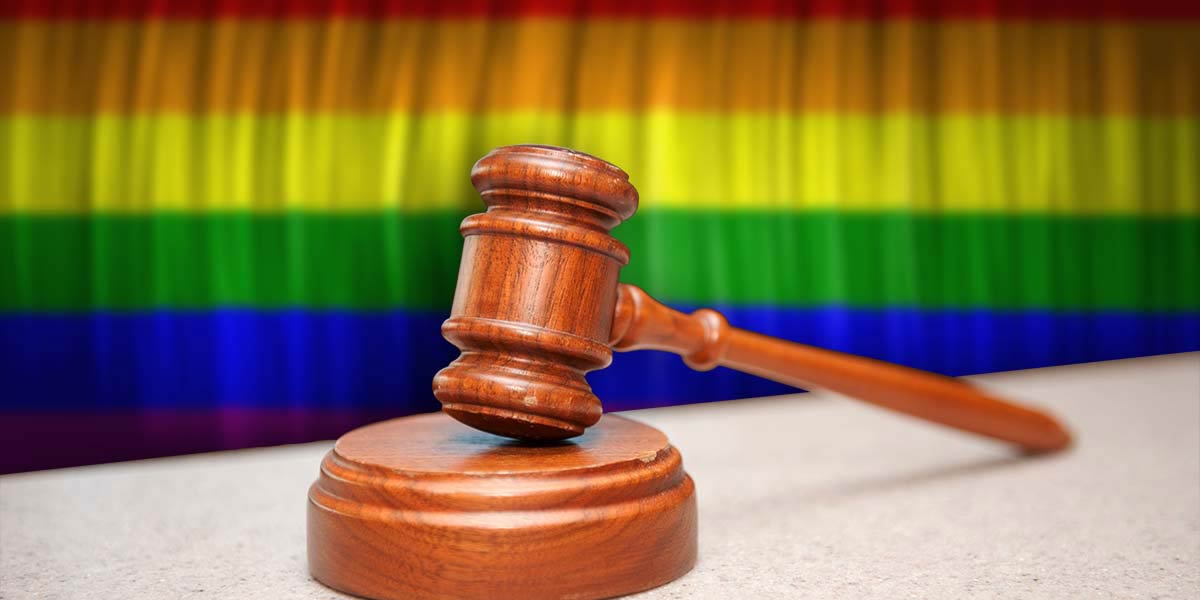Cape Town court affirms rights of same-sex parents

Same-sex parents should be accorded the same rights and responsibilities as opposite-sex parents
Same-sex parents continue to face expensive legal hurdles to be fully recognised under the law.
The Cape Town High Court has allowed a same-sex couple to be named as the joint parents of a child planned to be conceived through IVF.
The Sunday Times reports that the two engaged women, who cannot be named, asked the court to grant the order before they embarked on the In Vitro Fertilization (IVF) process at a fertility clinic.
The one partner will be inseminated with the sperm of a donor, who the couple know, and will carry the child to birth. Current legislation only caters for opposite-sex couples, and the non-biological husband in a similar scenario would automatically be recognised as the father over the sperm donor.
In the case of the two women, however, the law only allows the donor to be named as the default second parent. The other woman could only be registered as the mother if she adopts the child or enters into a parental rights agreement with the biological mother.
The couple of four years believe that the existing laws do not cater to the needs of same-sex couples. They thus approached the court to both be legally named as joint mothers on the birth certificate.
Fertility law expert, Andrew Martin, who represented the women, said that “the legislation does not make provision for this kind of scenario or circumstance and therefore we had to approach the court to provide the couple with the reassurance that they would both be parents from the moment of birth.”
Martin explained that the court’s order was a landmark one and was “a step towards providing clarity on parental rights and responsibilities in the fertility industry which has far outpaced our current legislative provisions.”
He added that the court’s decision “also allows for the non-biological mother or partner to obtain certainty as to her role in the child’s life.”
The need for the couple to approach the court in the matter reflects how some legislation in South Africa continues to be discriminatory towards LGBTQ+ people and has yet to be amended to conform to the constitution. Challenges to these laws, which often carry exorbitant costs, are usually only possible by those with the financial means to do so.
Leave a Reply